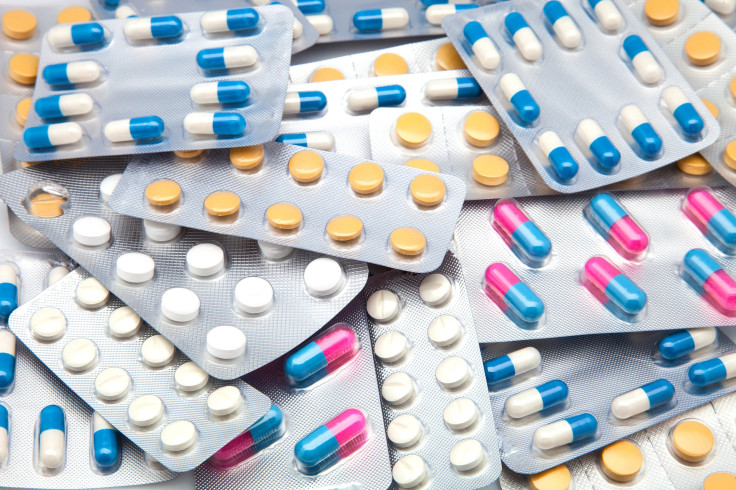High Doses Of Antidepressants Could Make Young Adults More Suicidal, But Why Don't They Have The Same Effect On The 25 And Older Crowd?

A new study has discovered a seriously dangerous side effect of SSRI antidepressant use in children and young adults. Researchers have found that young people between the ages of 10 and 24 who started SSRI antidepressant therapy at high doses are twice as likely to attempt or think about suicide over the first 90 days of treatment compared to those who started taking the antidepressants at a lower dosage. Figures from the study showed that there is one instance of suicidal behavior for every 150 young patients who take higher doses of antidepressants. Researchers are puzzled as to why this trend doesn’t exist in adults aged 25 and older.
The study involved data from 162,625 individuals between the ages of 10 to 64 years old. All individuals suffered from depression and were being treated with SSRIs such as Prozac and Seroxat. Researchers compared the behavior of those on average doses to those on higher doses from 1998 to 2010. Results showed that the rate of suicidal behavior among children and adults aged 24 or younger was twice as high when compared with a matched group of patients who received the average doses, the Daily Mail reported. Differences in doses did not have the same effect on adults over the age of 24.
Experts do not completely understand why some young people are initially prescribed higher doses of antidepressants than what is advised. “There is no evidence that starting at a higher dose is beneficial,” Dr. David Brent, a researcher at the University of Pittsburgh who wrote a commentary on the study, explained to Fox News.
Nearly 18 percent of 10- to 24-year-olds in the study were started at much higher doses than what is recommended by doctors' guidelines. Brent put forward one theory for the difference in doses presented in the study: He hypothesized that those who received the higher doses of antidepressants may not have responded well in the past to average doses. Another hypothesis for this link is that needing higher doses of medication is a harbinger for a more serious condition. “An alternative, but equally valid, interpretation is that high dose antidepressant is a mere marker of young people with acute severe psychiatric problems and thus it is the underlying condition not the treatment that is associated with increased risks of self-harm,” Dr. Irene Petersen, Reader in Epidemiology, Department of Primary Care and Population Health, UCL, explained to the Daily Mail.
The antidepressants investigated in this study are known as selective serotonin re-uptake inhibitors (SSRIs). They work by blocking the reabsorption of the neurotransmitter, serotonin, in the brain. This will help the brain cells send and receive chemical messages, which in turn boosts the individual’s mood. As directed by the FDA, they have a “black box” label warning, the most serious type of warning in prescription drug labeling.
Based on recent data released by the CDC, suicide is the third leading cause of death among young people between the ages of 10 and 24. In this age group, there are about 100 to 200 attempts for every completed suicide. To best avoid suicidal thoughts or attempts, Brent advises that “people should follow the current guidelines of starting at 10 mg for a week, going up to 20 mg for a week and only increasing again if they do not respond," he told Live Science.
Source: Miller M, Swanson SA, Azrael D, Stürmer T. Antidepressant Dose, Age, and the Risk of Deliberate Self-Harm. JAMA Internal Medicine. 2014.



























